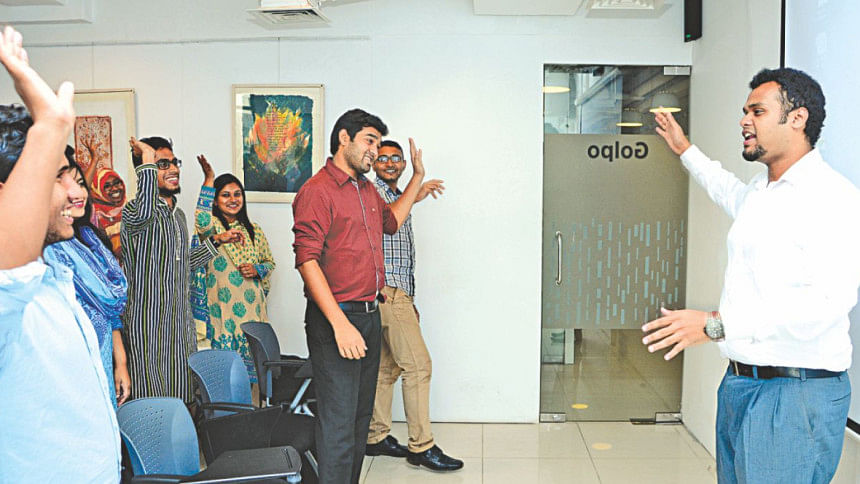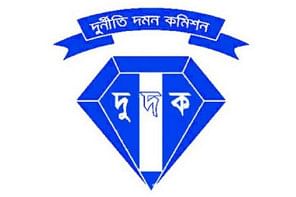Career Planning For Misfits

What if I am unsure about where I want to work?
What if I am not passionate about my subject?
If I am an engineering student, but am interested in social work, how can I make that transition?
I face these questions from students at Bangladesh Youth Leadership Center's (BYLC) Office of Professional Development (OPD), which provides BYLC graduates with top class career guidance, through a world class curriculum and experienced trainers.
If you are a 4th year engineering student but have not yet mapped out your career, you are not alone. A recent study in three of the top universities of Bangladesh shows that only 47 percent of the engineering students feel that they have mapped their future plans out, the other 53 percent said that they are still confused about their career. This is indicative of the uncertain state of fresh graduates.
Mahadi Hassan, an EEE student, has his career planned out. After his graduation he wants to pursue a Master's degree in electrical engineering and then work in academia doing research. On the other hand, Sakibul Islam, a CSE student, does not want a career in engineering, despite having good academic results.
There are a lot of students who are not interested in the sector they are studying in. A majority of the graduates remain in the engineering field unwillingly, either because they have invested a lot of time in studying the subject or they are fulfilling the expectations of their families. A very small number rejects the traditional path and explores new career frontiers instead.
According to a few, besides the idea of a new career, a good strategy is needed to represent oneself to a fresh industry. Good networks and connections with people from similar background also help.
Learn about what does and does not go with the new field. Start to explore your skills and develop them according to the new field," says Anika Tahmid, a former engineering student currently working in a management team.
Sometimes, additional academic courses are also required for a switch in career. Adib Zaman started his career by working as a back end web developer, but decided to switch his career since he was not making any progress. He left his job and enrolled in the MBA program at the Faculty of Business Studies of University of Dhaka. Afterwards, he completed a 3-month internship and started to work as a full time HR executive. "The approach of using one's skills and applying them to another career doesn't always work," he says.
While working with OPD, I have realised that even when students claim to have planned their careers, many fail to layout the strategy they will adopt. Moreover, lack of right opportunity also creates substantial hindrances in their career path. On December 21, 2016, OPD is hosting a day-long career fair at Lakeshore Hotel, Dhaka, where we are bringing together top employers from various sectors and the talented pool of BYLC graduates.
With my continuous engagement with employers while organising the career fair, I also gained an insight into what they are looking for. I came to know that along with technical skills it is important to develop critical thinking, communication, and problem solving skills, which is not often taught at our schools. Just like Sakibul, Anika and Adib, most university students stay confused about their career. It is never too late to make career related decisions, but what is important, is to be adaptable in a fast-paced, evolving workplace.
The writer is a student at BRAC University and works for BYLC's Office of Professional Development.

 For all latest news, follow The Daily Star's Google News channel.
For all latest news, follow The Daily Star's Google News channel. 



Comments